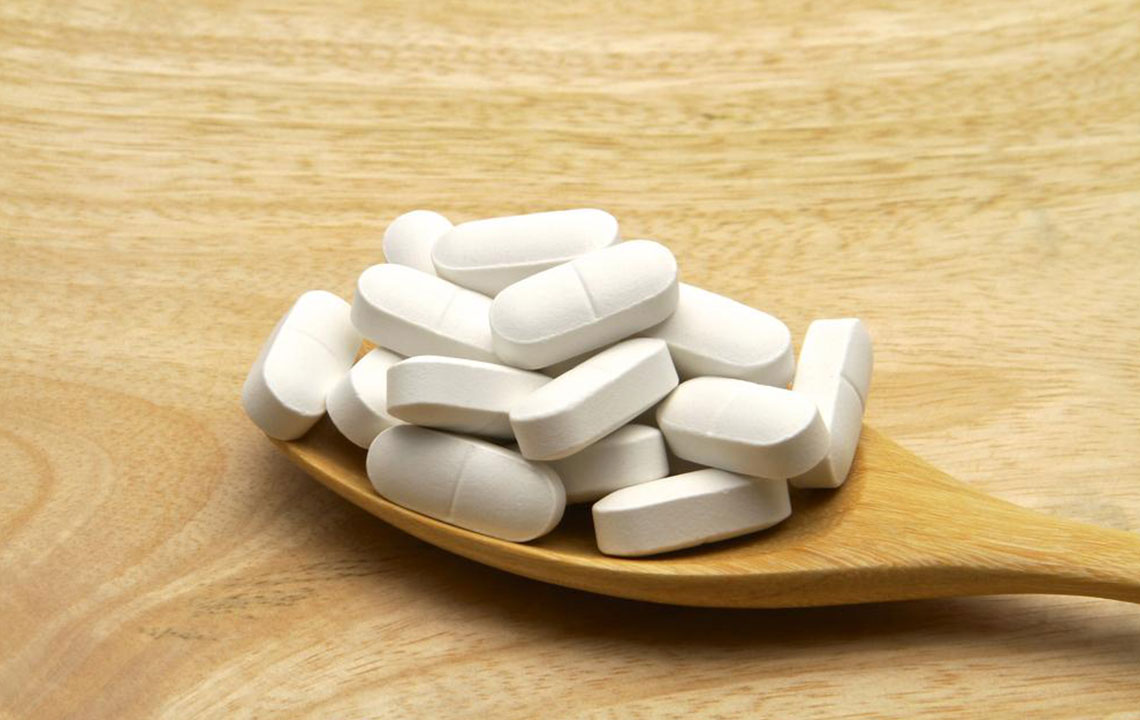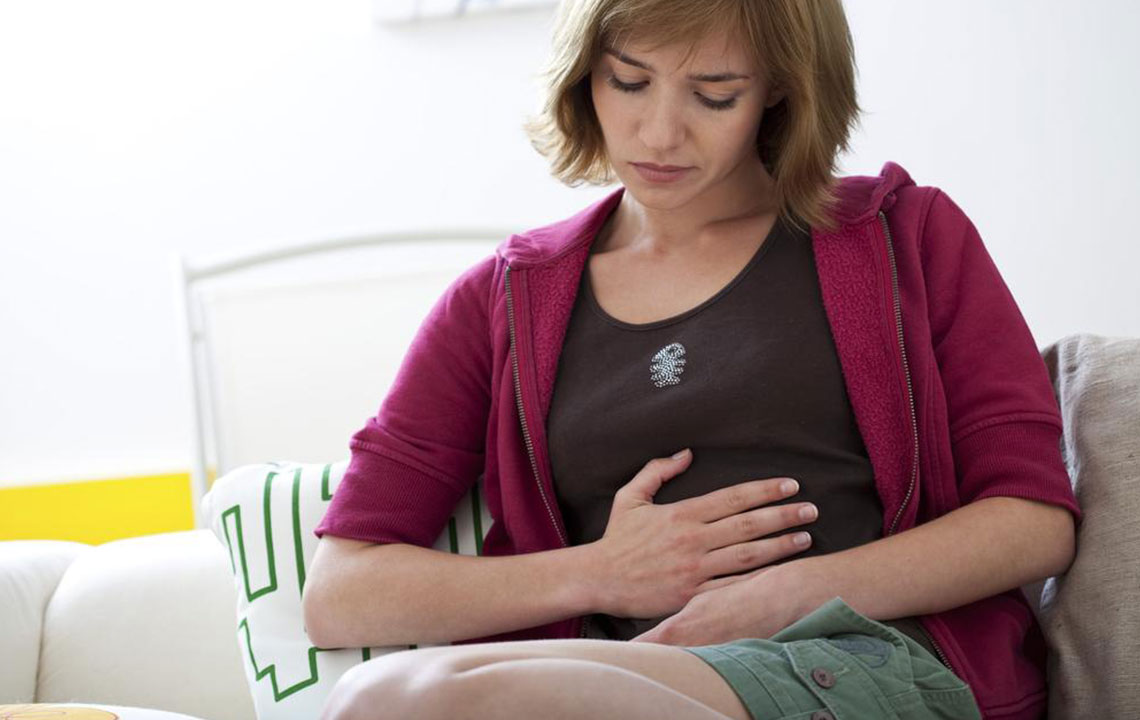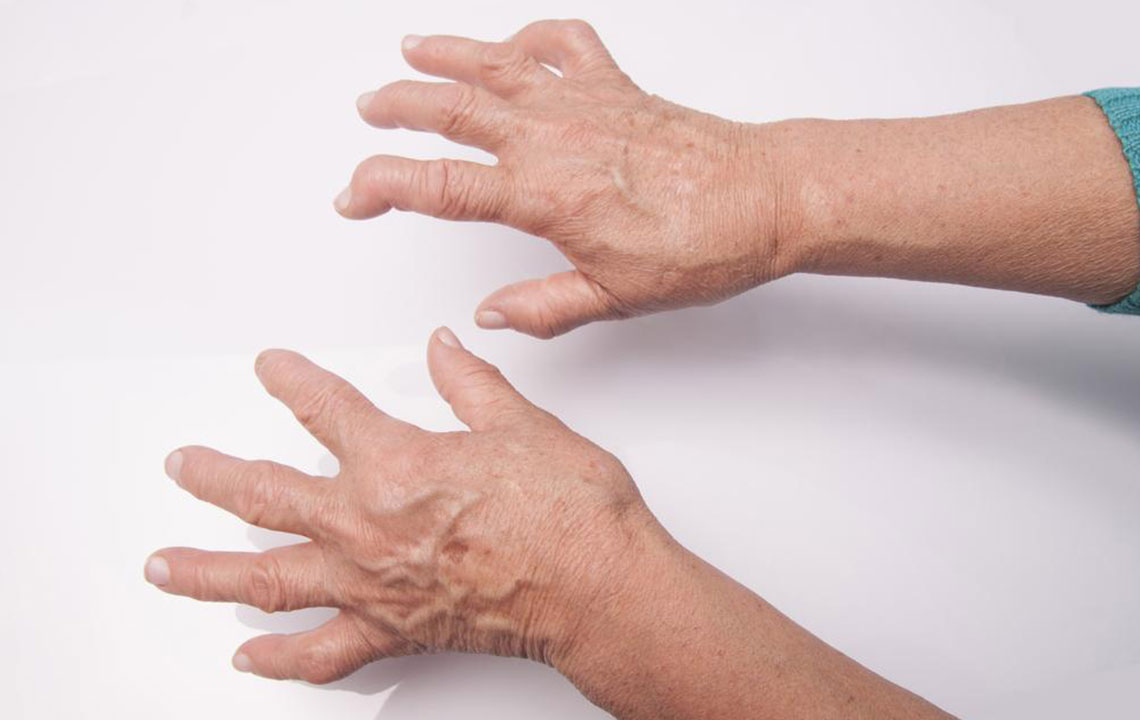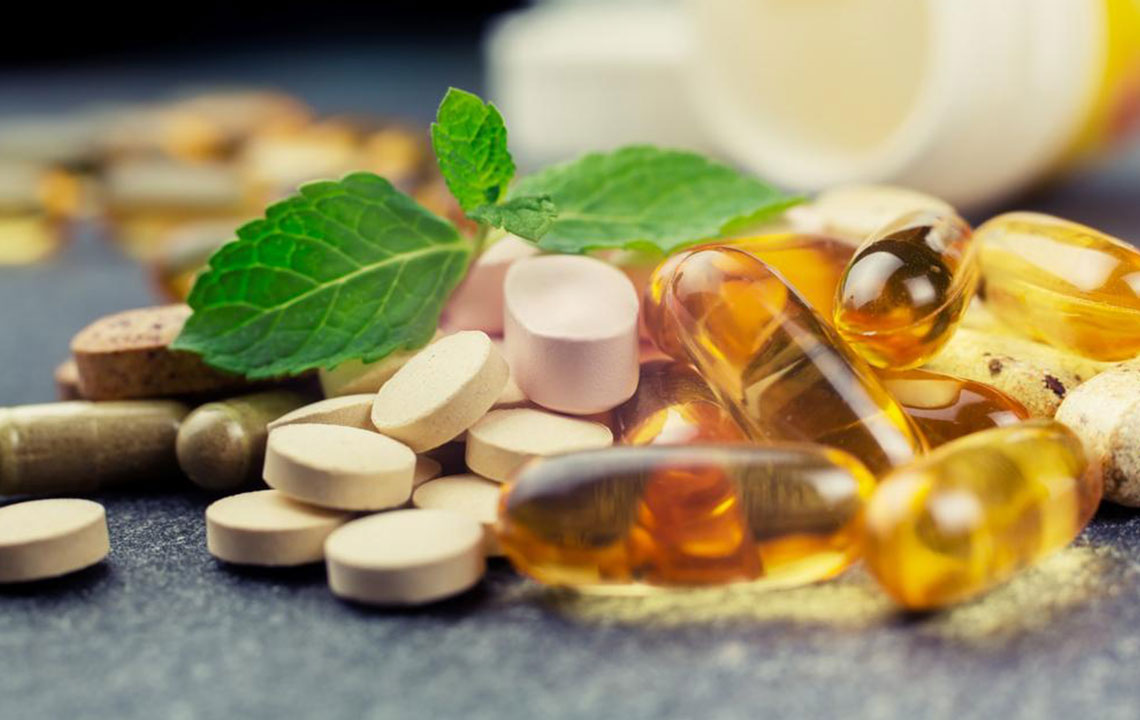Dietary Restrictions for Managing Lupus Symptoms
This article explores dietary considerations for lupus management, highlighting foods to avoid such as alfalfa sprouts, garlic, unhealthy fats, and Echinacea. It emphasizes the importance of mindful eating and consulting healthcare professionals to effectively manage symptoms and prevent complications associated with lupus, including heart health risks and immune system concerns.
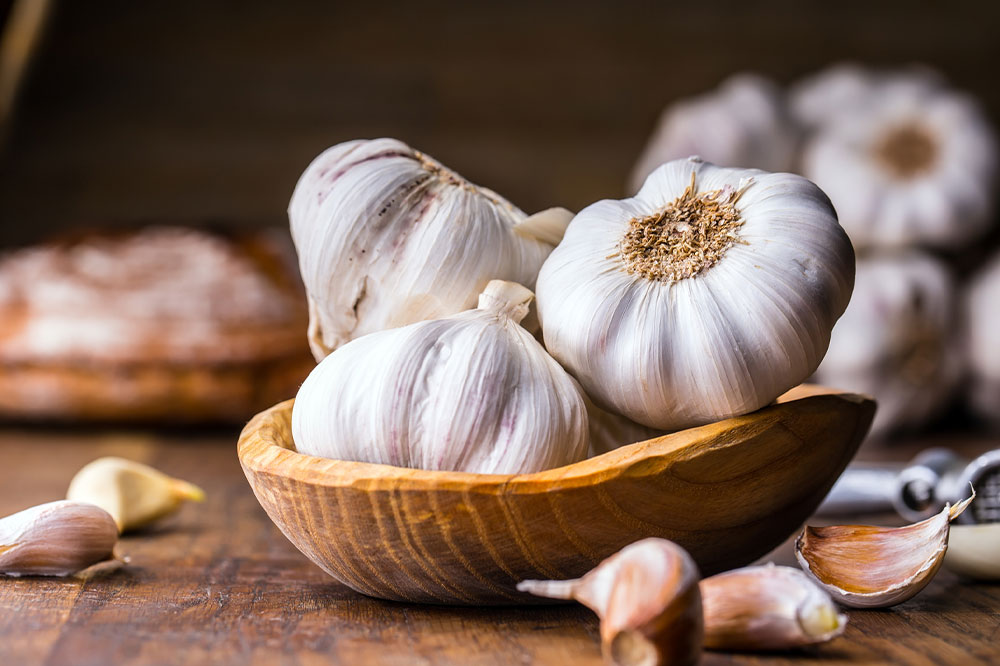
Foods to Limit or Avoid with Lupus
Lupus is an autoimmune disorder where the immune system mistakenly damages healthy tissues, leading to symptoms such as fatigue, fever, skin rashes, and joint discomfort. Since symptoms vary widely, managing diet is crucial for symptom control. Certain foods can exacerbate the condition and should be limited or avoided. Here are key foods to steer clear of for individuals with lupus.
Alfalfa sprouts
Alfalfa sprouts, derived from the alfalfa plant, may boost inflammation due to a compound called L-canavanine. This compound can stimulate the immune system and worsen lupus symptoms. It’s best to avoid alfalfa in any form, including sprouts or as a garnish.
Garlic
Garlic can enhance immune activity by increasing white blood cell function. While this benefits many, for lupus patients, heightened immune responses can aggravate symptoms. Small, controlled amounts may be acceptable, but excessive intake should be avoided.
Saturated and Trans Fats
Fats such as those in fried foods, red meats, full-fat dairy, and baked goods pose health risks for everyone, especially those with lupus. These fats can impact cardiovascular health, increasing the risk of heart complications, which lupus patients are already prone to. Reducing consumption is highly recommended.
Echinacea
Though often used to strengthen immune function, Echinacea may harm lupus sufferers by overstimulating an already overactive immune system. Since it’s found in many supplements, consulting a healthcare professional before use is advisable to prevent adverse effects.
While avoiding these foods, lupus patients should also follow medical advice, including using prescribed topical creams, antimalarial medications, and sunscreen to protect against UV rays, which can trigger skin rashes.


